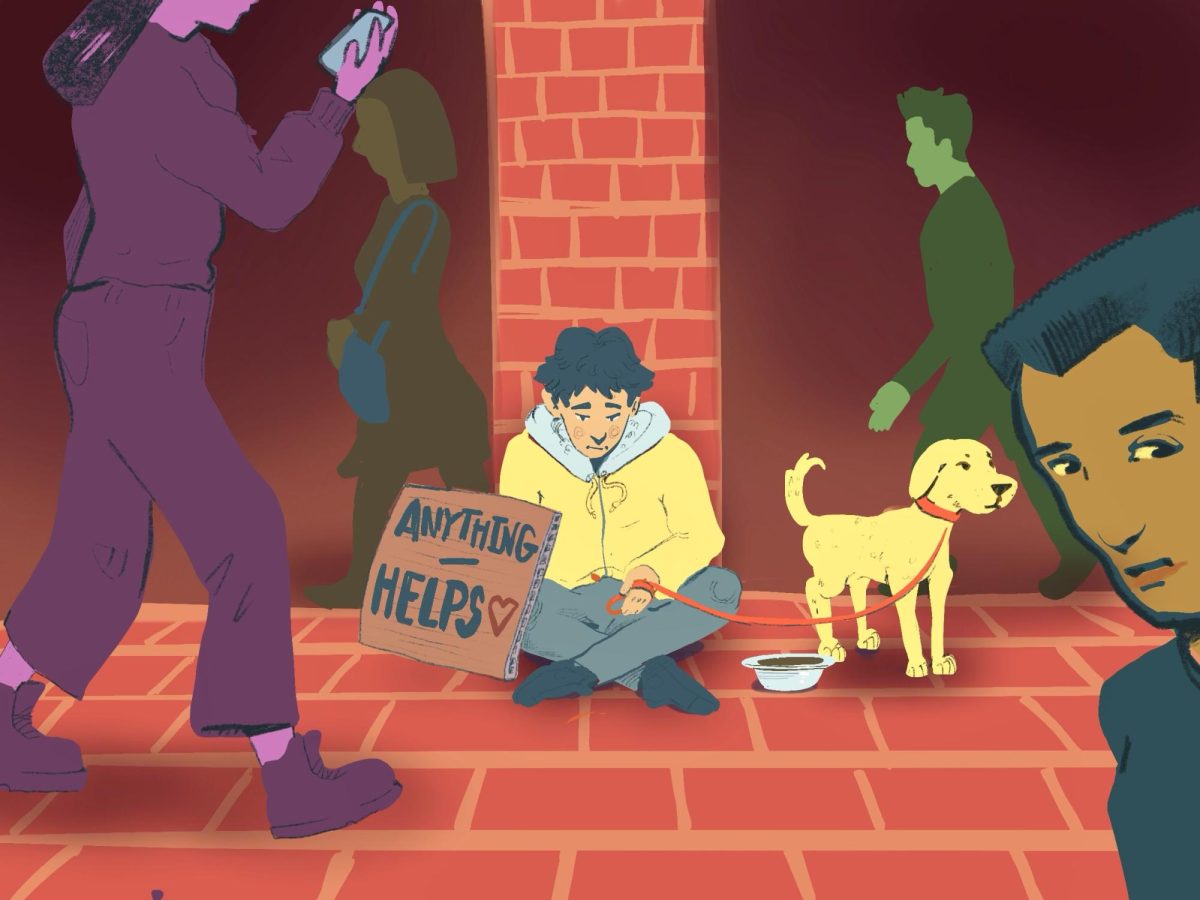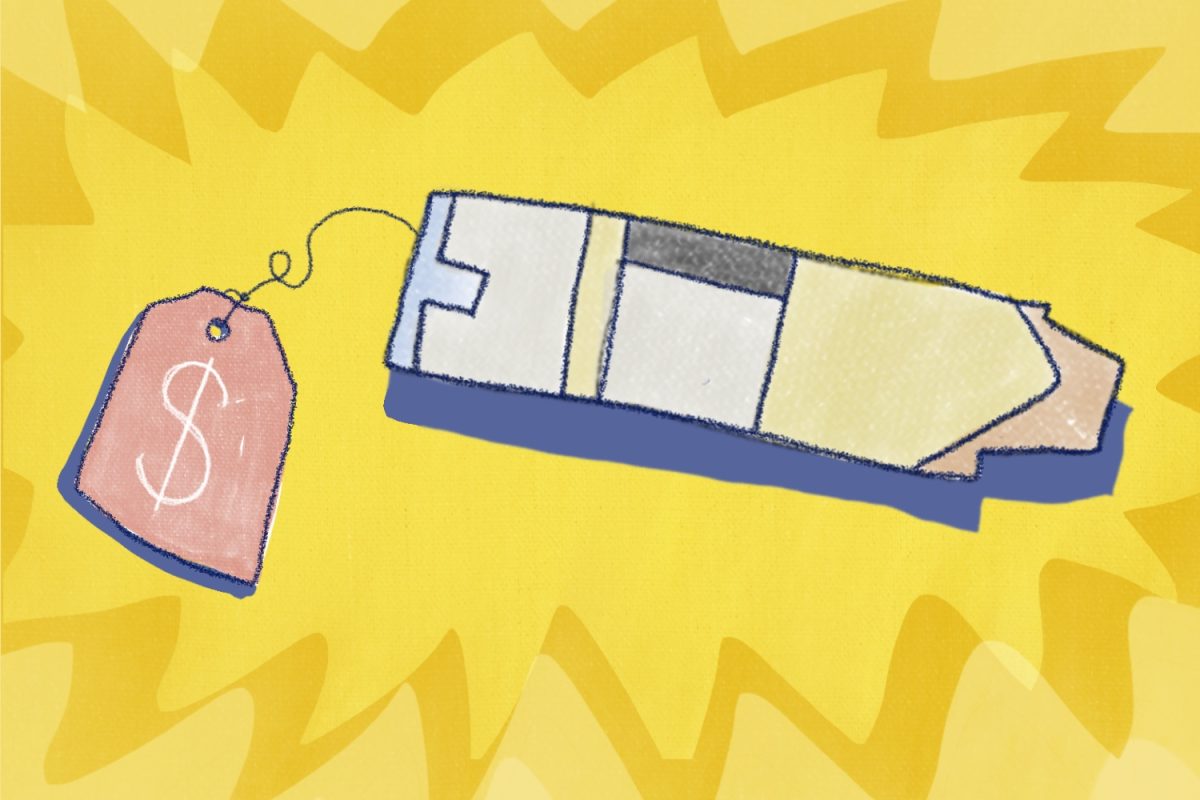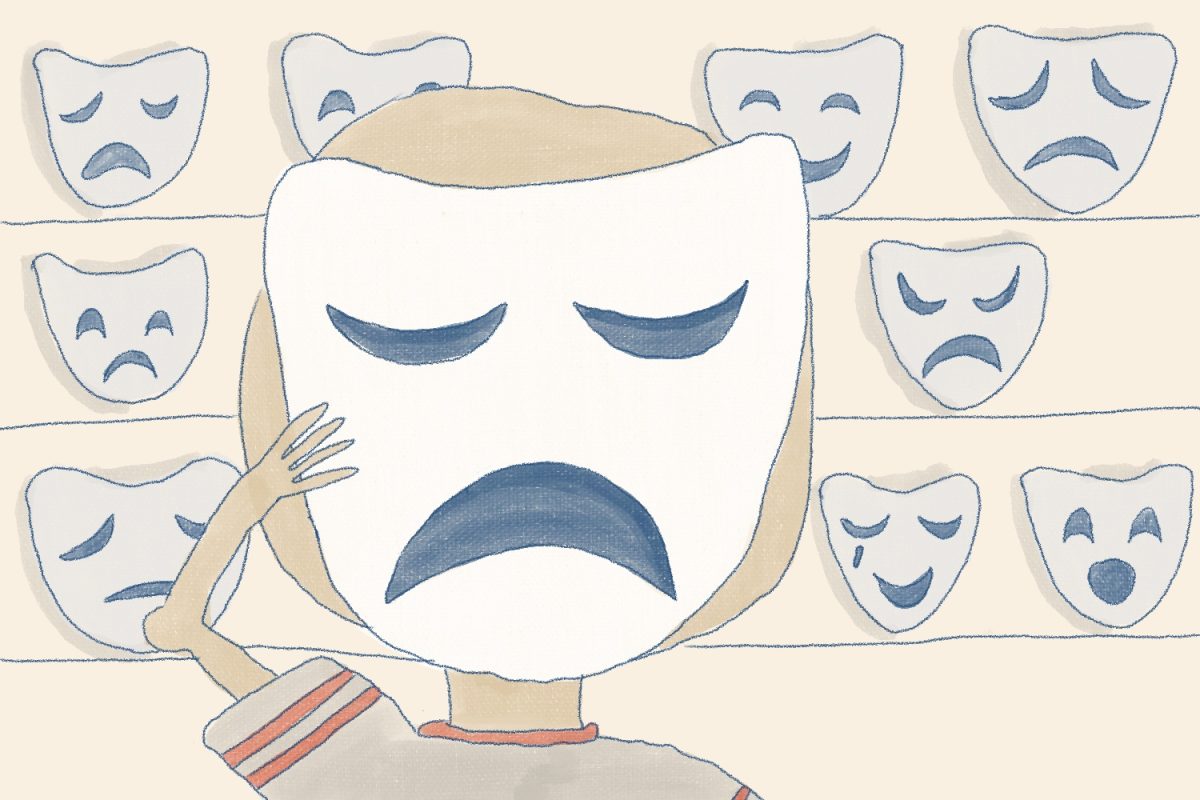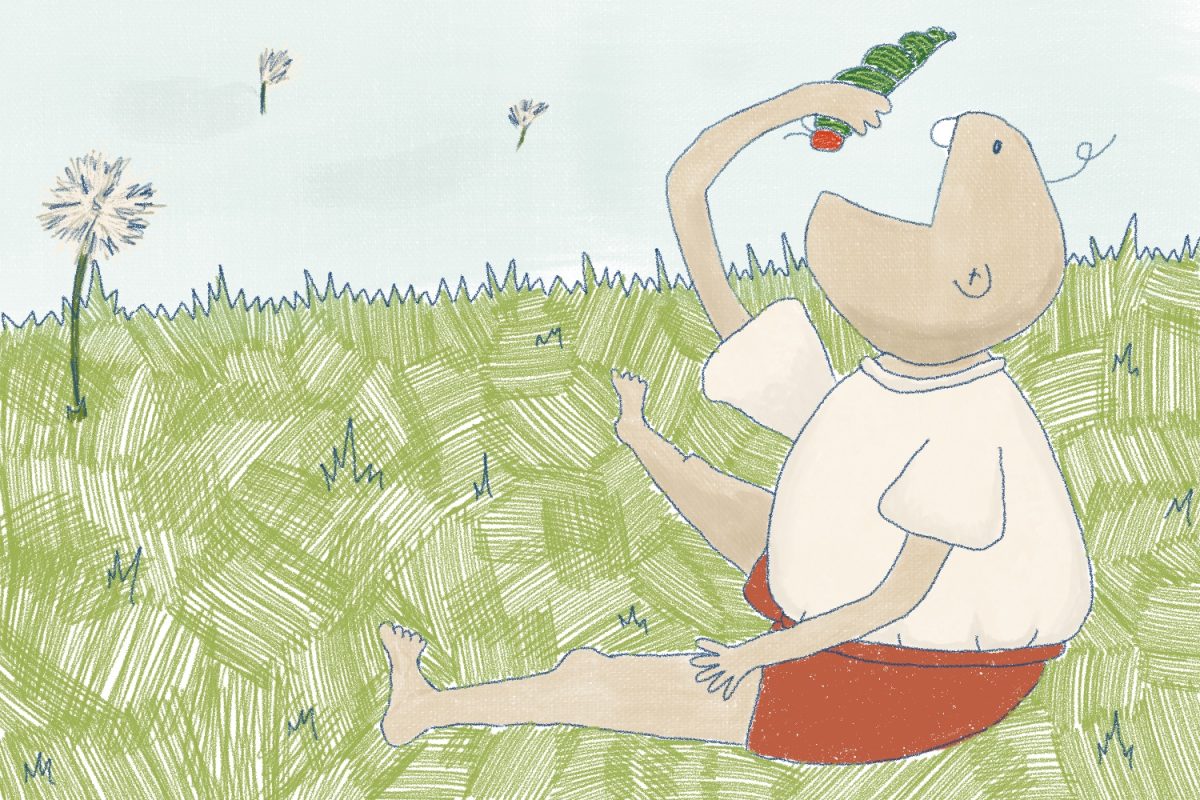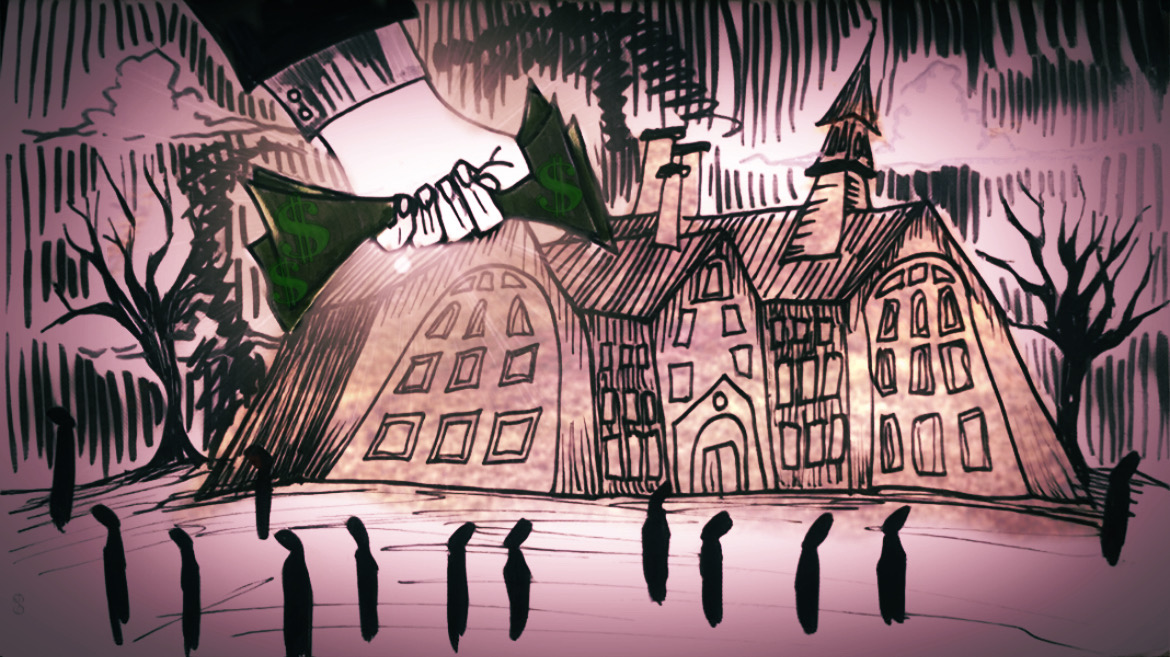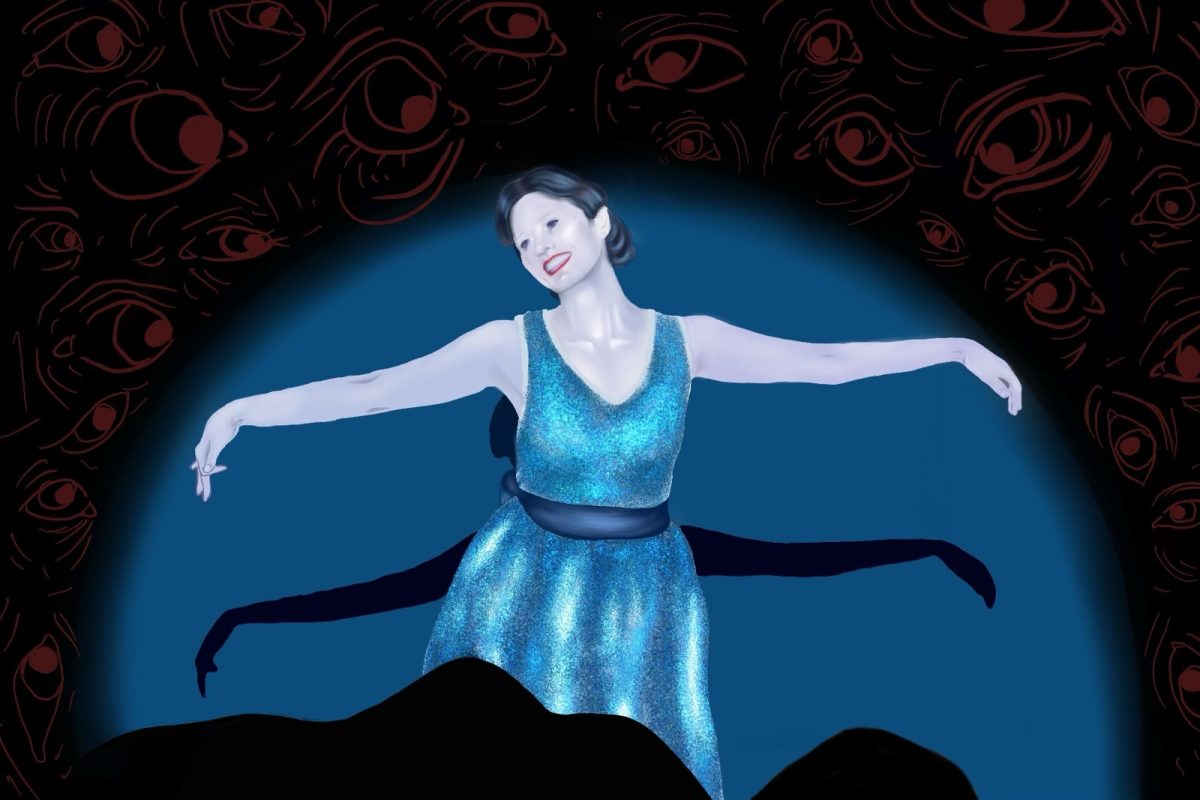“If you give a man a fish, you have fed him for a day. But teach a man to fish, and you have fed him for a lifetime.” These are the confusing words that affront a reader upon visiting the mission page of Heifer International’s gut-wrenching website, and not coincidentally my column this week. Rife with images of happy calves, global maps and smiling third-world children, this nonprofit charity organization has established itself in the public eye as dedicated to compassion: ending poverty and global hunger one calf, kid, camel, pig or lamb at a time. Clicking the ubiquitous red “GIVE” icon transports shoppers to a page where they may choose to pay in full or contribute in part to the purchase of farm animals; the idea being that by “donating an animal” you, the giver, are securing a family’s physical and financial well-being indefinitely. While Heifer International may seem sound on the surface, the organization’s approach to ending hunger is not quite as warm and fuzzy as the fluffy little animals depicted in their glossy handouts and incessant pop up advertisements. Certainly in principle, tending to world hunger is no less than admirable, but the means whereby this end is executed are seriously flawed. In promoting animal-based agriculture as a solution to world hunger, Heifer International is ultimately promoting something else: namely some serious misconceptions about the causes of hunger to begin with. Misconceptions that, left uncorrected, only perpetuate the issue. Why are these families being taught how to raise livestock on ill-equipped farms, how to grow food and allot resources for animals when they’re already starving? Because meat and animal products are essential to western, industrialized diets and economies. The organization does offer tree and seed donation options but the emphasis is clearly on giving the gift of life; that is, an animal’s life. Every time someone pays the $500 to donate Clarabelle Cow to a starving family, they are projecting western standards of animal objectification and a costly meat and dairy based diet onto the third-world poor. Humanity, despite common belief, does not need meat or dairy to survive; Americans and Europeans do. Salad is an appetizer, a prelude to a rack of lamb. Onions, tomatoes, cucumbers, pickles: garnishes for a bacon cheeseburger. Likewise, trends in agriculture have swayed toward feeding livestock. Vegetation, it seems, is only as valuable as the steak it’s feeding in the public eye. Why are we not instead helping families raise cheaper, far more efficient crops like potatoes or carrots? When we recognize that these gifts are about the survival of these families, there is no other explanation for these gross oversights other than the deliberate projection of a western diet onto third-world families. Meat is a lot of things. You don’t have to agree with me that it’s murder, but one thing it’s definitely not is the solution to world hunger. With exorbitant amounts of resources being poured into animal agriculture every year, the meat and dairy industry is a catalyst to world hunger, not a means of resolution.







